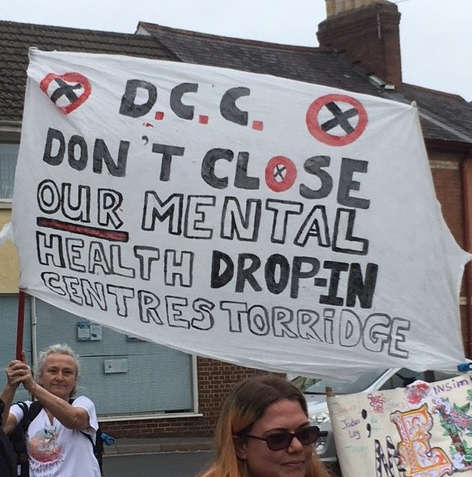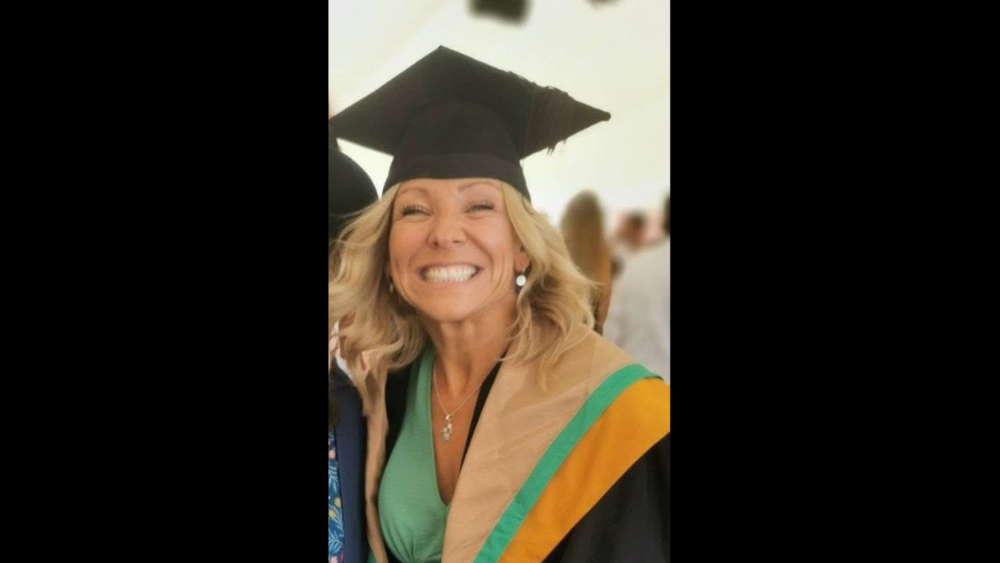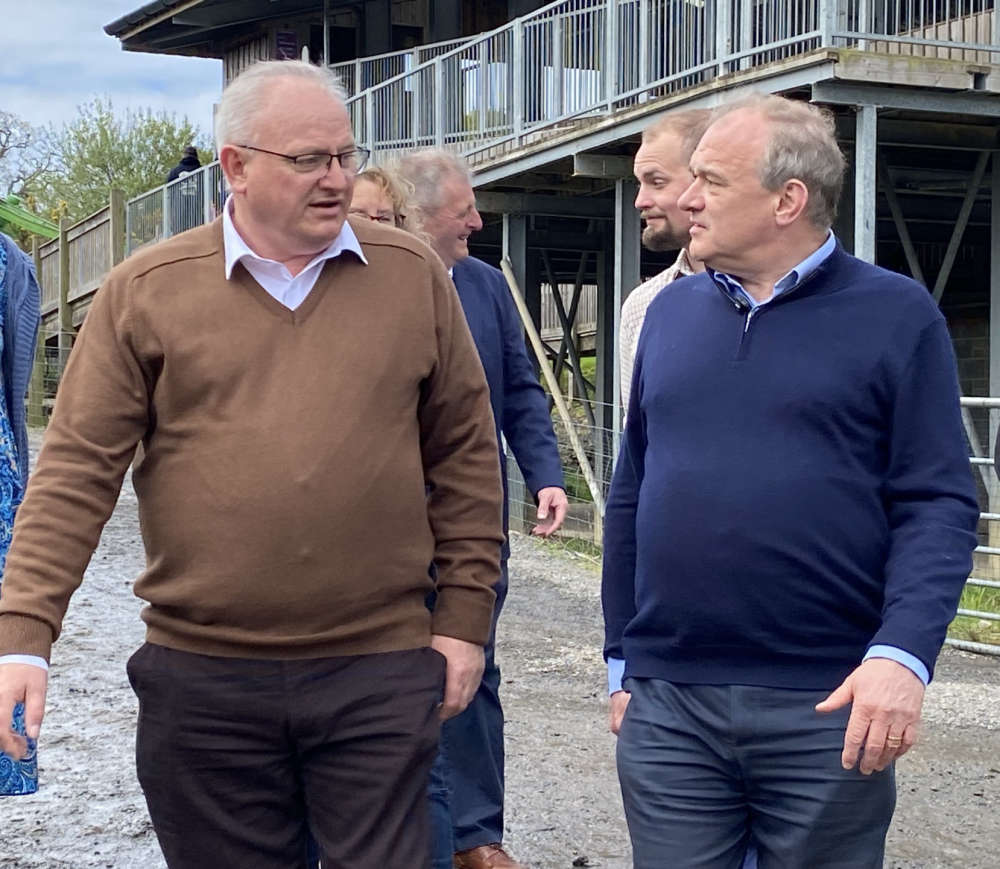
NHS will provide an alternative service
A controversial decision to shut down a North Devon mental health service has been narrowly backed after a lengthy and intense debate.
Devon County Council’s cabinet voted earlier this month to close the North Devon Link Service, which has drop-in centres for people experiencing mental ill-health in Barnstaple, Bideford and Ilfracombe.
But the decision was dramatically ‘called-in’ by the authority’s health and adult care scrutiny committee chair, Councillor Sarah Randall-Johnson (Conservative, Broadclyst), just hours later.
Cllr Randall-Johnson’s committee, which cannot overturn the cabinet’s decision, but could recommend an alternative course of action – debated the issue in an emotionally-charged session where campaigners explained the vital role the Link Service’s centres play in their lives.
The county council said that as the NHS is developing a service to provide an alternative solution for the Link Service’s users, it is not financially prudent to pay nearly £500,000 for a service that will essentially be replicated.
But people opposed to the Link Service’s closure said the Devon Mental Health Alliance, which will be responsible for providing the replacement service, only had six staff members to cover North Devon and Torridge, and that waiting lists to receive help are around six months.
“The Devon Mental Health Alliance is great, but it stated it has provisions in place for service users to migrate to, but there isn’t,” said Anna Ford, who spoke against the closures.
Ilfracombe town councillor Terry Elliott also contended there was “no adequate replacement for the Link Centres”.
“I strongly suggest that there can be no closure until there is a robust plan in place that guarantees the same level and type of support for those people that experience mental ill-health in our community,” she said.
Cllr Elliott added that the process of deciding whether the centres should close had been “most awful” and that it had “created stress and fear in people who are already vulnerable”.
Service user Sonia Gould, clearly distressed by the potential closure, said: “I can’t do without the link centre.”
“I am terrified that they are going to close as there’s nothing else out there, because the social care the cabinet talked about is not there.
“I make friends at Link, we’re like a family and this is like splitting up my family.”
Cllr Randall-Johnson said Ms Gould’s message had been “heard loud and clear”.
Several councillors pressed the issue that there did not seem to be, in their view, a cast-iron plan for how clients would move from the existing service to a new one.
Cllr Caroline Leaver (Liberal Democrat, Barnstaple South) queried the “actual service provision for service users” if the centres close.
“The report in front of us mentions community things, like knitting, drawing, and walking, but what it doesn’t give me, or any of us, is a real idea about whether those services include staff and volunteers who have training in mental health and are able to identify and address issues that come up for service users,” she said.
“I’m unconvinced what is being proposed will meet client needs and I ask the committee to examine it with forensic detail.”
Cllr Martin Wrigley (Liberal Democrat, Dawlish), vice chair of the scrutiny committee, reinforced concerns about how service users would be catered for in future.
“There’s insufficient thought about what’s next, and I understand the desire to close the service given it is costing £485,000 a year,” he said. “I understand the financial pressures, and understand that change may be necessary and that there could be a better way to provide this service, but I don’t understand how this cut provides that and how clients will be handed over.
“I don’t think there’s a sufficient transition plan that says people will be looked after, and that could be disastrous for some people.
Sarah Adams, deputy chief operating officer for the Devon Partnership Trust, acknowledged “some real confusion” and that the health service had “perhaps failed to articulate” the working relationships between the voluntary sector, the Devon Mental Health Alliance, the Link Service and the local authority.
Ms Adams added that the Devon Mental Health Alliance currently supports more than 1,200 people via its one-to-one service, which was set up to lessen the gap between primary care support – such as GPs – and secondary care support – such as specialist mental health professionals.
After around two hours of debate, the scrutiny ccommittee proposed a motion that it was “satisfied with the decision of the cabinet”, but placed on record its “concerns and the need for further assurance” on factors including how clients would transition to the new service in practice, and a request to hear the “direct experience of people” as part of a report back to it.
The motion was narrowly passed, with seven of the committee’s members supporting the motion and five opposing, including Cllr Wrigley and Cllr Jess Bailey (Independent, Otter Valley).
Cllr Paul Crabb (Conservative, Ilfracombe) attended virtually, so could not vote, but did express that he could not support the decision and asked for a user-group to be part of the review.
 MPs blast ‘scandal’ of sewage spills
MPs blast ‘scandal’ of sewage spills
 Devoncast – Farage, Davey, and fighting fight fires
Devoncast – Farage, Davey, and fighting fight fires
 Man sentenced after killing estranged wife
Man sentenced after killing estranged wife
 Five to fight it out in North Devon by-election
Five to fight it out in North Devon by-election
 Lib Dem leader calls for upgrades to North Devon hospital
Lib Dem leader calls for upgrades to North Devon hospital
